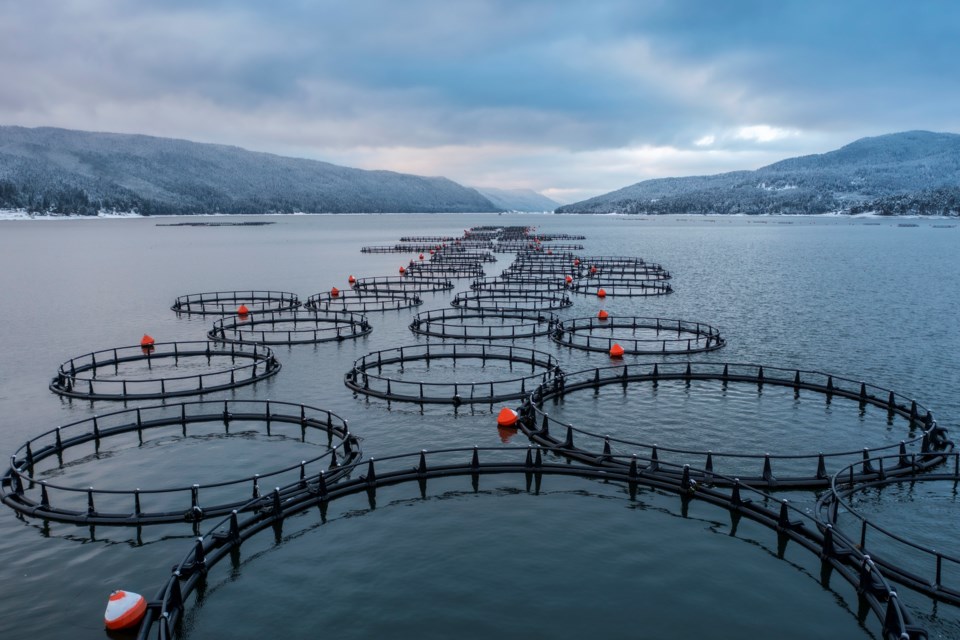In March 2023, the Standing Committee on Fisheries and Oceans (FOPO) released a scathing report on science at the Department of Fisheries and Oceans (DFO). The report should sound alarm bells for all Canadians, especially those old enough to remember DFO’s mismanagement of Atlantic cod into a devastating collapse.
FOPO is a parliamentary committee comprising MPs from all parties. It examines fisheries matters and makes recommendations to the House of Commons. Its recommendations are not binding and not always unanimous. This included a supplementary opinion from Conservative committee members titled “Crisis of Trust in DFO Science.” The government must table a response to FOPO’s report within 120 calendar days.
FOPO’s report criticizes how DFO conducts science and integrates it into DFO decision-making. The report puts forward 48 recommendations, including recommending 16 different reviews, examinations, assessments or audits of DFO’s practices, with six recommendations calling for Canada’s Chief Science Advisor to investigate specific processes or conduct.
The report identifies two DFO divisions as requiring particular scrutiny, the Aquaculture Management Directorate (AMD) and the Canadian Science Advisory Secretariat (CSAS), with 13 of the recommendations squarely aimed at AMD or CSAS. AMD oversees the regulation of aquaculture; CSAS reviews available science to conduct risk assessments.
No one can read this report and believe that Canadians can rely on DFO to assess the risk open net-pens of Atlantic salmon pose to wild Pacific salmon in coastal British Columbia:
- FOPO concludes that given “the established aquaculture management division within the department and that DFO favours the interest of the salmon-farming industry over the health of wild fish stocks,” DFO should establish a wild salmon position independent of the AMD (Recommendation 43).
- FOPO recommends that Canada’s Chief Science Advisor examine how DFO managers influence DFO scientists and if that influence is ethical (Recommendation 33).
- FOPO recommends that DFO not have a mandate for promoting the finfish aquaculture industry “[g]iven the conflict of interest between DFO’s mandate relating to aquaculture versus the application of the precautionary principle and the ongoing crisis for the health of wild Pacific salmon stocks” (Recommendation 41).
FOPO is particularly skeptical of the risk assessments, produced by CSAS, and which DFO relies on to conclude that open net-pen feedlots pose less than minimal risk to wild Pacific salmon in the Discovery Islands. Recommendation 45 calls for:
- an independent review of those risk assessments, including the terms of reference and the perceived suppression of evidence that sea lice causes harm and other impacts on the health of wild fish; and,
- an independent audit of the accuracy and value of the information presented to the Minister.
On January 30, 16 independent scientists, experts across multiple fields published an open letter to the Minister of Fisheries and Oceans expressing their “professional dismay at the serious scientific failing” regarding CSAS’s risk assessment for sea lice and calling for that risk assessment to be retracted. Those scientists appended to their letter documents released through the Access to Information Act that suggest that analyses conducted by DFO scientists showing harm were supressed. FOPO and those 16 scientists have confirmed what many have long known: almost all of DFO’s risk assessments for open net-pen finfish aquaculture in British Columbia are suspect.
As I testified before FOPO, my experience has convinced me that CSAS, AMD and DFO consistently suppress, misrepresent and ignore the scientific evidence that open net-pen feedlots cause harm to wild Pacific salmon so that DFO can excuse itself from its domestic and legal obligations. Since 2014, DFO has faced six court cases in which DFO’s risk assessments of the open net-pen feedlot industry in British Columbia have been central: DFO has lost four; two are pending.
Sadly, this pattern of suppression, mismanagement, quashing of dissent and regulatory misfeasance is decades old at DFO. It’s the same playbook DFO used to mismanage cod to oblivion. As one DFO employee testified after the collapse of the Atlantic cod: senior bureaucrats cherry picked the best numbers, presented them in the best light and quashed the dissent of any employee who dared to say otherwise. The same conduct persists to this day. Similar reports of quashing dissent and suppressing scientific evidence of harm have been a familiar refrain in testimony before Parliament since at least the 1990s.
Canadians deserve better. They deserve a responsible regulator who discharges its primary statutory mandate – the protection and conservation of fish – not a regulator who hides the evidence of harm to protect an unsustainable industry.
The Government of Canada must act decisively on all 48 of FOPO’s recommendations and use the results of the recommended investigations, examinations and audits to overhaul and reform DFO. As one former Assistant Deputy Minister testified at FOPO, those responsible for the mismanagement and misfeasance must be held accountable. Until that reform and accountability happens, the crisis of trust in DFO’s science will continue and our public fisheries will be put at continued risk by an incompetent regulator who is asleep at the wheel.
Sean Jones is a partner at MacKenzie Fujisawa LLP in Vancouver.




